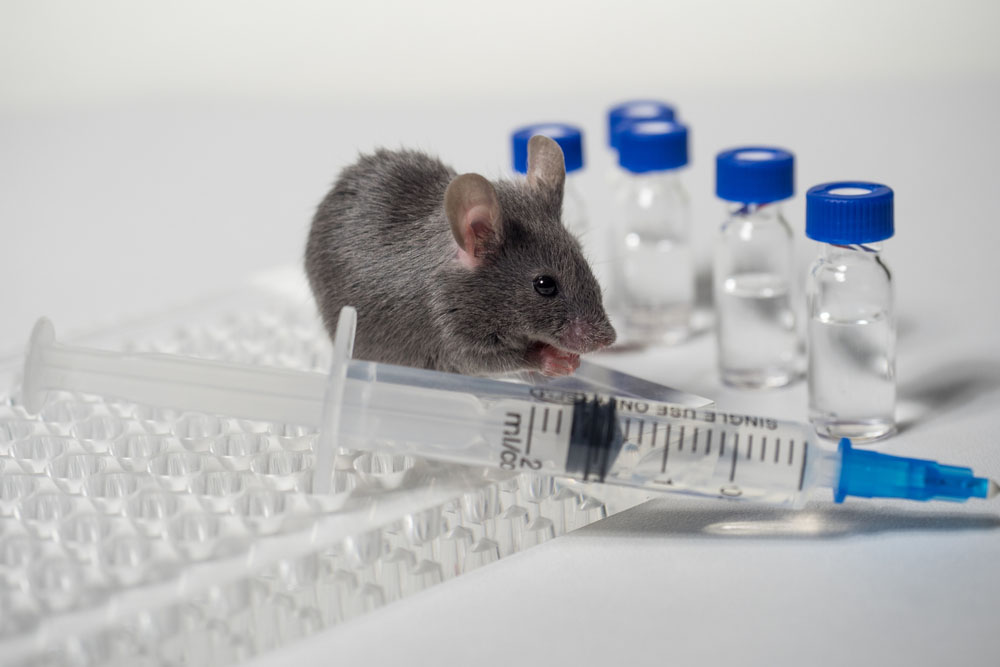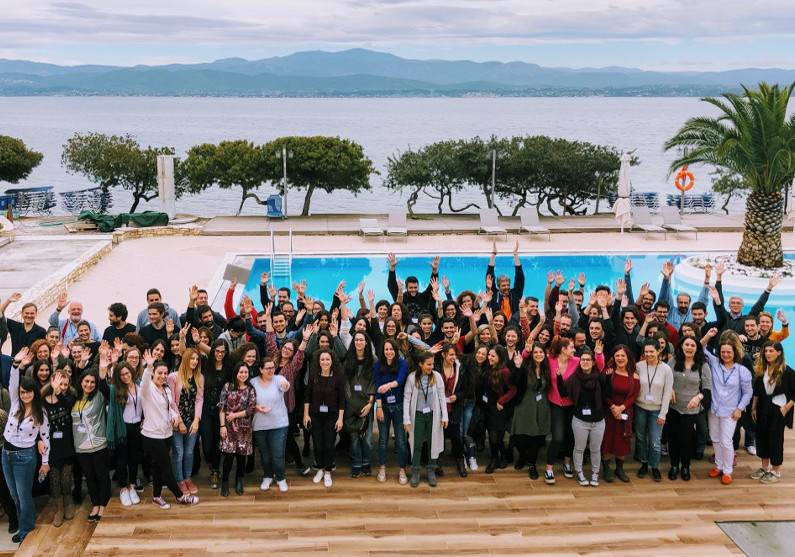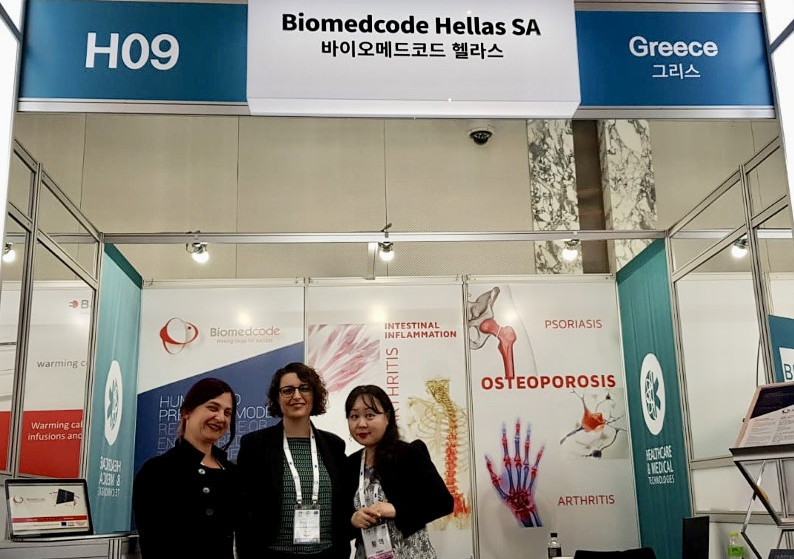A recent article published in Science translational Medicine by Spector et al. set out to determine the contribution of fundamental research to the generation of new medicines. By tracking the scientific origins of some of today’s most “transforming” FDA-approved drugs, including medicines such as TNF blockers, ACE inhibitors, kinase inhibitors and others, they find that approximately 80% of the 28 medicines studied, originated as basic research discoveries by scientist seeking to understand a biological process or disease. It is noteworthy, that the path to drug discovery that starts with basic scientific research more often than not includes fundamental research work performed in mouse models of disease that provide invaluable insights and proof of concept on in vivo disease mechanisms and drug activity. One such example of the invaluable contribution of animal disease models in the path to drug discovery, is the human TNF transgenic Tg197 arthritis mouse model that in 1991 provided the first in vivoevidence that deregulated TNF production was causal to chronic polyarthritis (Keffer et al.).









